Woodside Energy, a wholly owned subsidiary of Australia’s largest independent dedicated oil and gas company Woodside Petroleum, has granted Heliogen a limited notice to proceed to begin purchasing key equipment for the 5 MW solar thermal demonstration facility which will utilise the Californian company’s artificial intelligence-enabled concentrated solar technology.
Woodside said the commercial-scale facility will utilise advanced computer vision software that precisely aligns an array of mirrors to reflect sunlight to a single target on the top of a solar tower, thereby enabling storage in the form of high-temperature thermal energy.
Heliogen claims its baseline system will provide industrial-grade heat capable of replacing fossil fuels in industrial processes including the production of cement, steel, and petrochemicals, while it can enable power generation through the addition of thermal energy storage systems, a turbine for power generation, and electrolysers for green hydrogen production.
Heliogen chief executive and founder Bill Gross said the company’s concentrated solar technology had the potential to transform heavy industry by “turning sunlight into a zero-carbon source of heat, power and hydrogen that is nearly always available”.
“Although costs of large-scale solar are falling, conventional solar technologies are not yet cost-competitive with fossil fuels in most energy markets due to their intermittent availability,” he said.
“Heliogen’s technology aims to close this gap through the use of AI, software and thermal storage. As the energy sector is ripe for applications of green hydrogen fuels and decarbonisation strategies, Woodside is an ideal collaborator for our breakthrough solar technology, which will support the operational characteristics of heavy industry.”
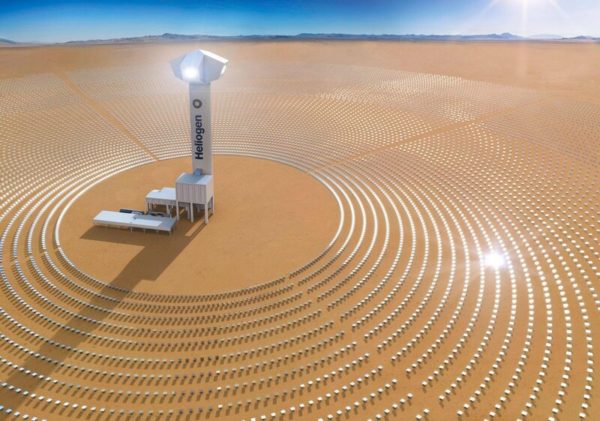
Image: Heliogen
Woodside’s decision to issue the limited notice to proceed follows a six-month feasibility study by the two companies and a front-end engineering and design contract that started earlier this year. A final commitment to construction of the 5 MW facility is expected in 2022.
The two companies also intend to jointly market Heliogen’s technology in Australia and the U.S.
Under the proposed joint marketing arrangement, the companies will look to establish a framework to develop additional potential renewable energy projects, including replicating and scaling Heliogen’s modular, AI-enabled concentrated solar facility to support Woodside’s forecasted power requirements at its global locations.
Woodside chief executive officer Meg O’Neill said the collaboration with Heliogen would help Woodside meet customer requirements for low-cost, lower-carbon energy and support the miner’s decarbonisation strategy as it targets net zero emissions by 2050.
“This is a significant step toward the development of our first facility with Heliogen, which we hope will be just the start of our ongoing collaboration,” she said.
“Heliogen’s innovative technology could play a key supporting role in development of Woodside’s zero-carbon hydrogen and ammonia business, which would rely on access to abundant and reliable renewable power.
“We are also excited about the marketing rights for Heliogen’s technology in Australia, where our abundant solar energy resources support application of this technology in remote power generation and other industrial processes.”
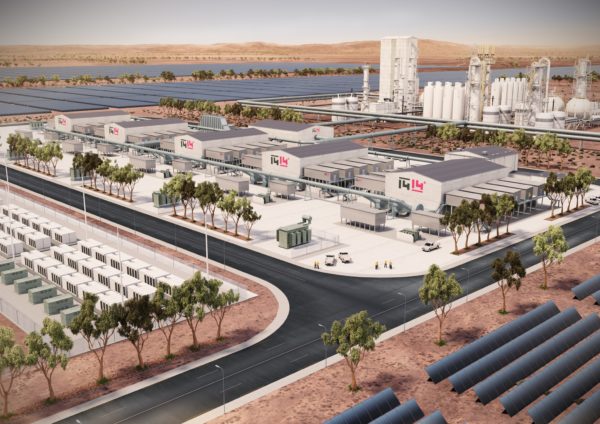
Image: 1414 Degrees
Woodside, which earlier this year revealed plans to develop a 100 MW solar PV plant alongside its Pluto liquefied natural gas facility in Western Australia’s Pilbara region, is also exploring solar thermal technology opportunities in Australia.
Woodside last week announced it would provide Adelaide-based 1414 Degrees with funding to support the further development of its SiBox thermal energy storage technology which stores intermittent renewable energy using silicon to produce clean, high-temperature heat, replacing the need to burn coal or gas.
Under the deal, Woodside will contribute up to $2 million for the further development of the 1 MWh SiBox demonstration module. Woodside will then have the opportunity to notify 1414 Degrees, which is developing the Aurora concentrated solar power project in South Australia, if they wish to proceed to jointly develop and commercialise the SiBox technology.
1414 Degrees chief executive Matt Squire said the company’s technology has the potential to be “a major component of future renewable energy projects due to its flexibility and capability in delivering high temperature heat.”
“This is positive news for 1414 Degrees,” he said. “This partnership with Woodside is a vote of confidence in our SiBox renewable energy storage and the continued advancement of our technology that utilises the latent heat properties of silicon.”
This content is protected by copyright and may not be reused. If you want to cooperate with us and would like to reuse some of our content, please contact: editors@pv-magazine.com.
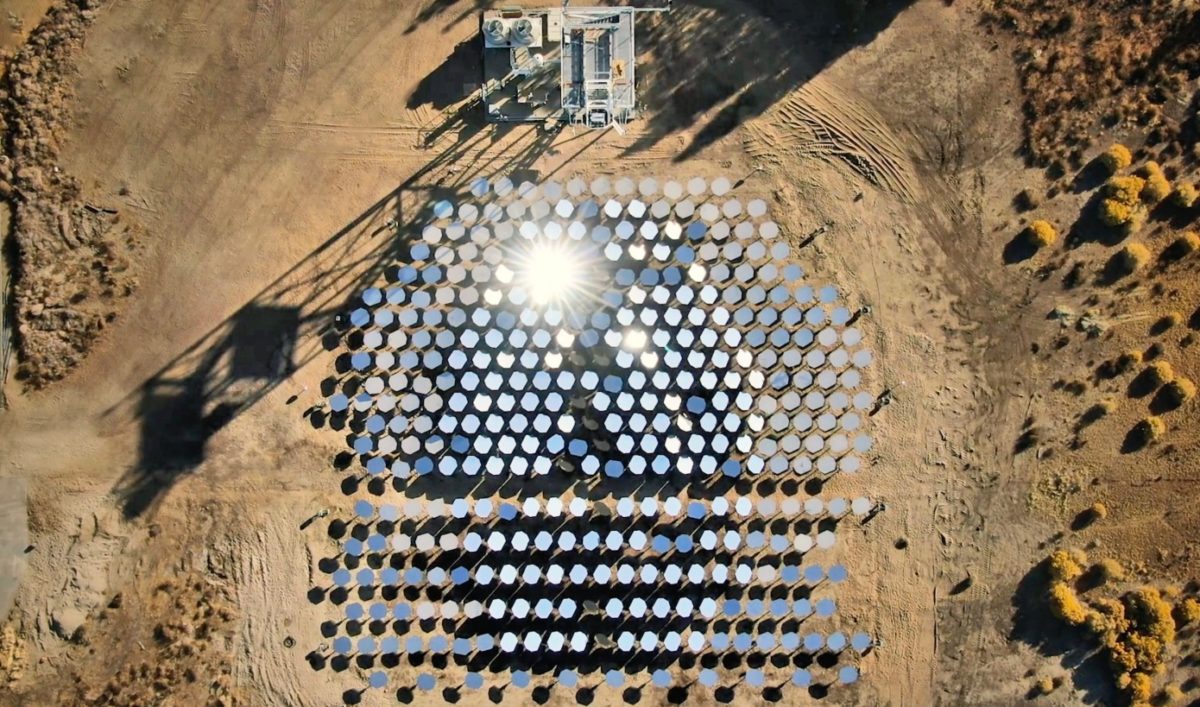
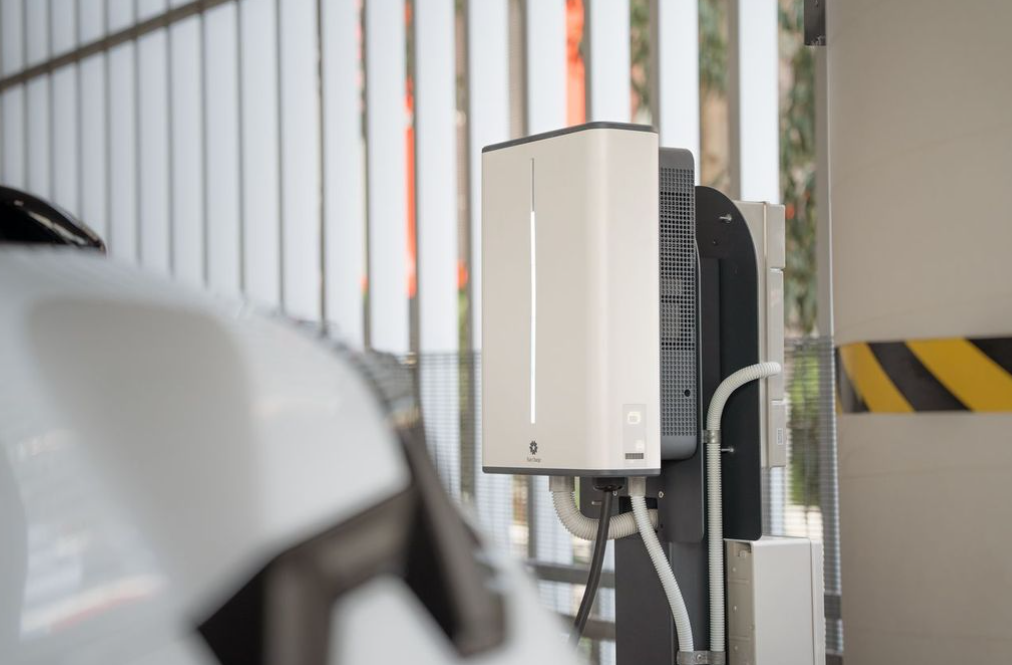






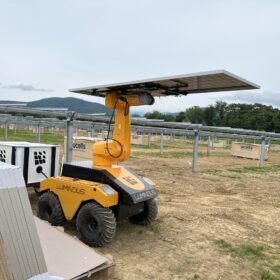
4 comments
By submitting this form you agree to pv magazine using your data for the purposes of publishing your comment.
Your personal data will only be disclosed or otherwise transmitted to third parties for the purposes of spam filtering or if this is necessary for technical maintenance of the website. Any other transfer to third parties will not take place unless this is justified on the basis of applicable data protection regulations or if pv magazine is legally obliged to do so.
You may revoke this consent at any time with effect for the future, in which case your personal data will be deleted immediately. Otherwise, your data will be deleted if pv magazine has processed your request or the purpose of data storage is fulfilled.
Further information on data privacy can be found in our Data Protection Policy.